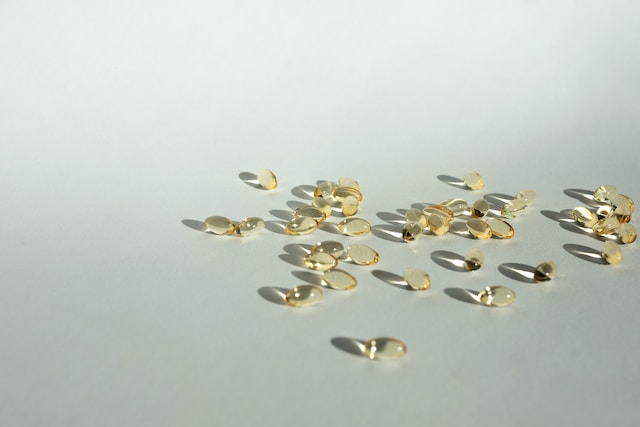Introduction: Vitamin B12 is an essential nutrient that plays a crucial role in the proper functioning of the nervous system, the production of red blood cells, and the synthesis of DNA. While it is present in animal-based foods, it is a nutrient of particular concern for vegans, as plant-based sources are scarce. In this article,
Introduction:
Vitamin B12 is an essential nutrient that plays a crucial role in the proper functioning of the nervous system, the production of red blood cells, and the synthesis of DNA. While it is present in animal-based foods, it is a nutrient of particular concern for vegans, as plant-based sources are scarce. In this article, we will delve into the importance of vitamin B12 for vegans and discuss the risks of deficiency, the consequences, and strategies to ensure adequate intake.
- Vitamin B12 and its Functions:
Vitamin B12, also known as cobalamin, is vital for several bodily processes. It is involved in the metabolism of fatty acids and amino acids, which are the building blocks of proteins. Additionally, B12 is critical for the maintenance and health of nerve cells, playing a key role in the production of the protective covering of nerves called the myelin sheath. It is also necessary for the production of red blood cells and the synthesis of DNA, the genetic material in cells.
- Risks of Vitamin B12 Deficiency in Vegans:
Vegans are at an increased risk of vitamin B12 deficiency due to the lack of animal-based foods in their diet. Since plants do not produce vitamin B12, it is challenging to obtain sufficient amounts solely from plant sources. Over time, a deficiency can occur, leading to various health complications. Symptoms of vitamin B12 deficiency may include fatigue, weakness, tingling or numbness in the hands and feet, difficulty in maintaining balance, and even psychological and cognitive issues.
- Consequences of Vitamin B12 Deficiency:
Untreated vitamin B12 deficiency can have serious consequences on an individual’s health. Prolonged deficiency may result in anemia, which can lead to fatigue, weakness, and shortness of breath. Neurological problems can also arise, including nerve damage, numbness, tingling, difficulty walking, memory loss, and depression. In severe cases, deficiency can cause irreversible damage to the nervous system.
- Ensuring Adequate Vitamin B12 Intake:
To prevent vitamin B12 deficiency, vegans need to be proactive in obtaining this vital nutrient. While some plant-based foods are fortified with B12, such as nutritional yeast, plant-based milks, and breakfast cereals, they may not provide sufficient amounts to meet the recommended daily intake. Therefore, the most reliable strategy is to incorporate vitamin B12 supplements into the vegan diet.
Vitamin B12 supplements are available in various forms, including oral tablets, sublingual tablets, nasal sprays, and injections. Cyanocobalamin and methylcobalamin are the most commonly used forms of B12 in supplements. It is advisable to consult with a healthcare professional to determine the appropriate dosage and form of supplementation based on individual needs.
- Regular Monitoring of Vitamin B12 Levels:
Regular monitoring of vitamin B12 levels is important for vegans to ensure they are maintaining adequate levels of the nutrient. This can be done through blood tests that measure serum B12 levels. By monitoring their B12 status, vegans can detect any deficiency early on and make the necessary adjustments to their diet or supplementation regimen.
- Considerations for Specific Groups:
Certain individuals may have higher vitamin B12 requirements or an increased risk of deficiency. Pregnant and breastfeeding women, infants born to vegan mothers, older adults, and individuals with gastrointestinal conditions that affect nutrient absorption may need closer attention to their B12 intake. Healthcare professionals can provide personalized advice and guidance in such cases.
Conclusion:
Vitamin B12 is a critical nutrient for vegans due to its limited availability in plant-based foods. A deficiency in vitamin B12 can have serious consequences on overall health and well-being. Vegans should prioritize the supplementation of vitamin B12 to ensure adequate intake and prevent deficiency-related complications. Regular monitoring of B12 levels and consulting with healthcare professionals are crucial for maintaining optimal health on a vegan diet. By being proactive in meeting their B12 needs, vegans can enjoy the benefits of a plant-based lifestyle while safeguarding their long-term well-being.

















Leave a Comment
Your email address will not be published. Required fields are marked with *